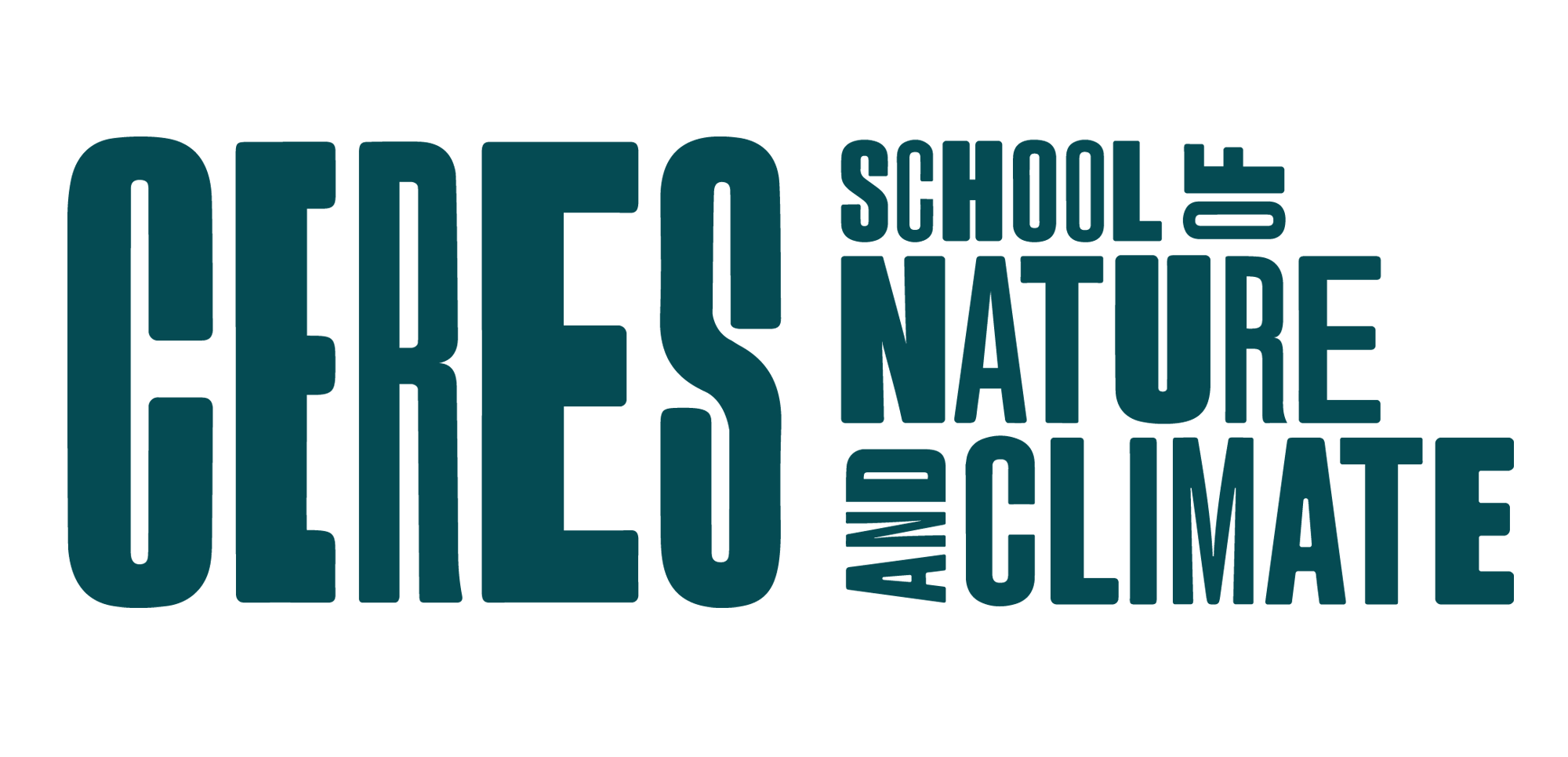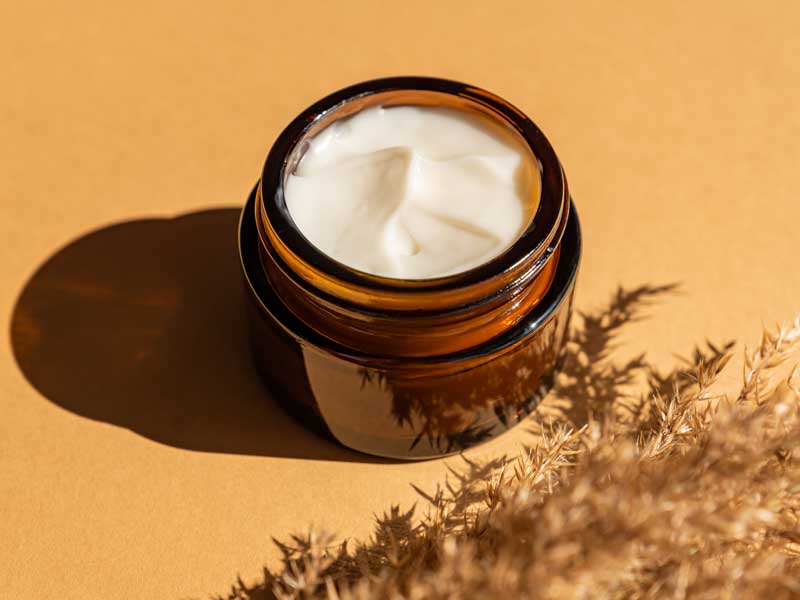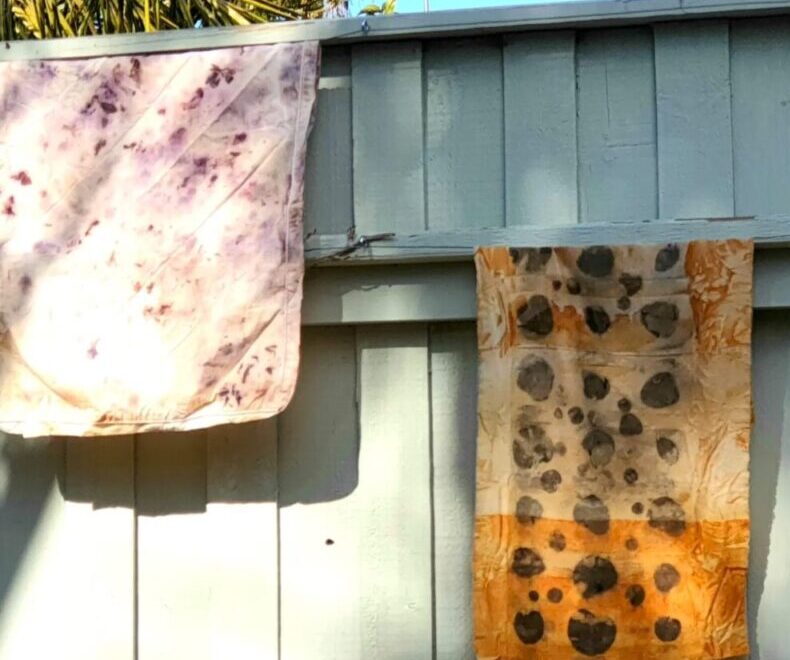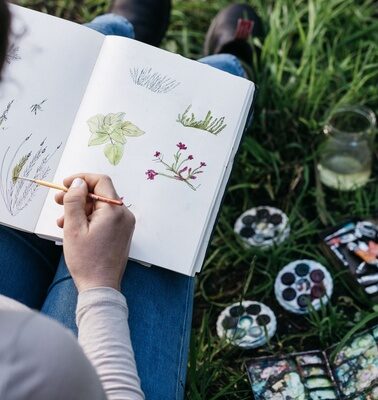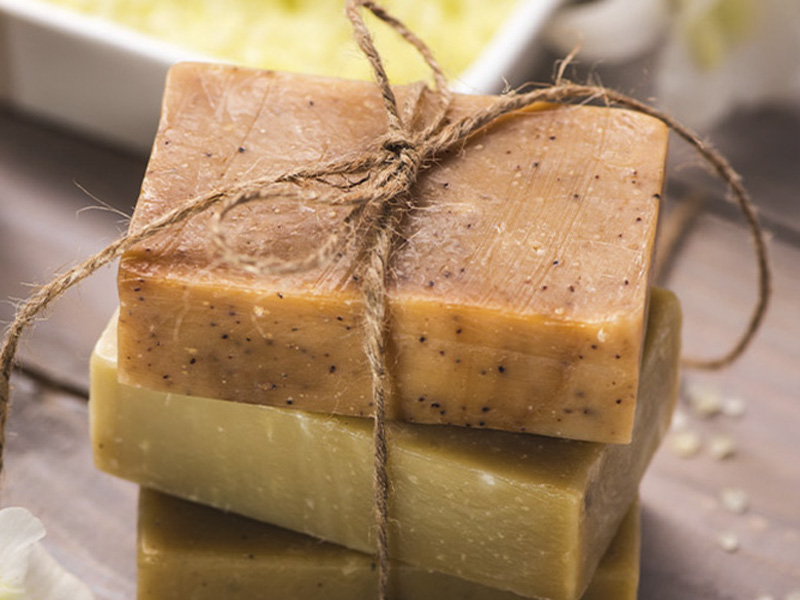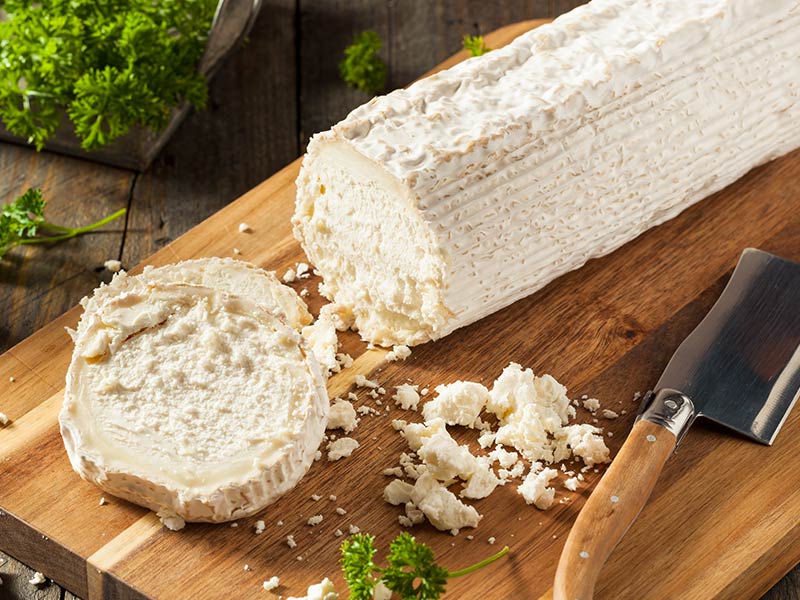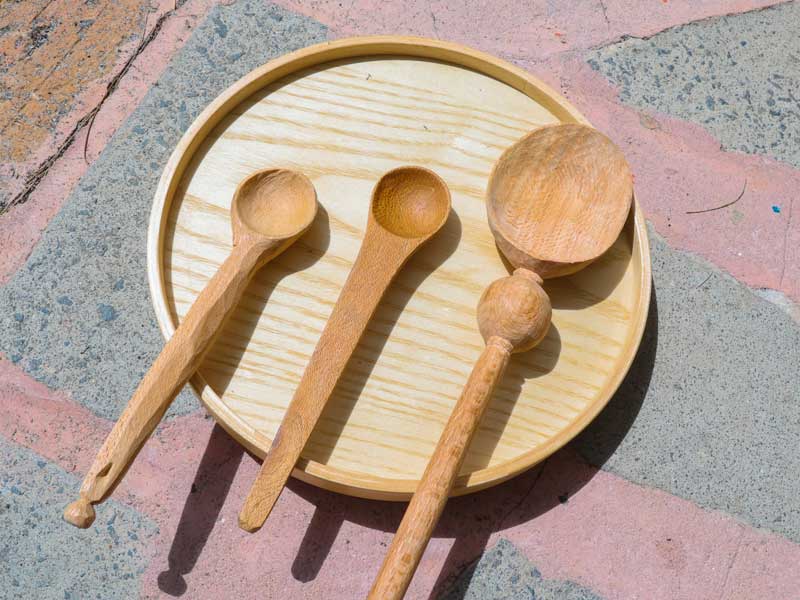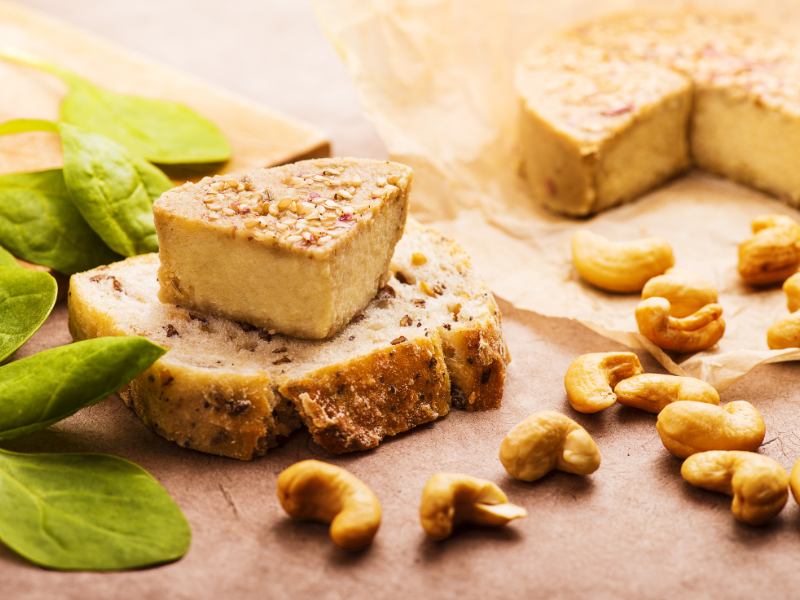Natural Plant Dyeing
Discover nature’s hidden sources of colour using millennia-old eco dyeing techniques.
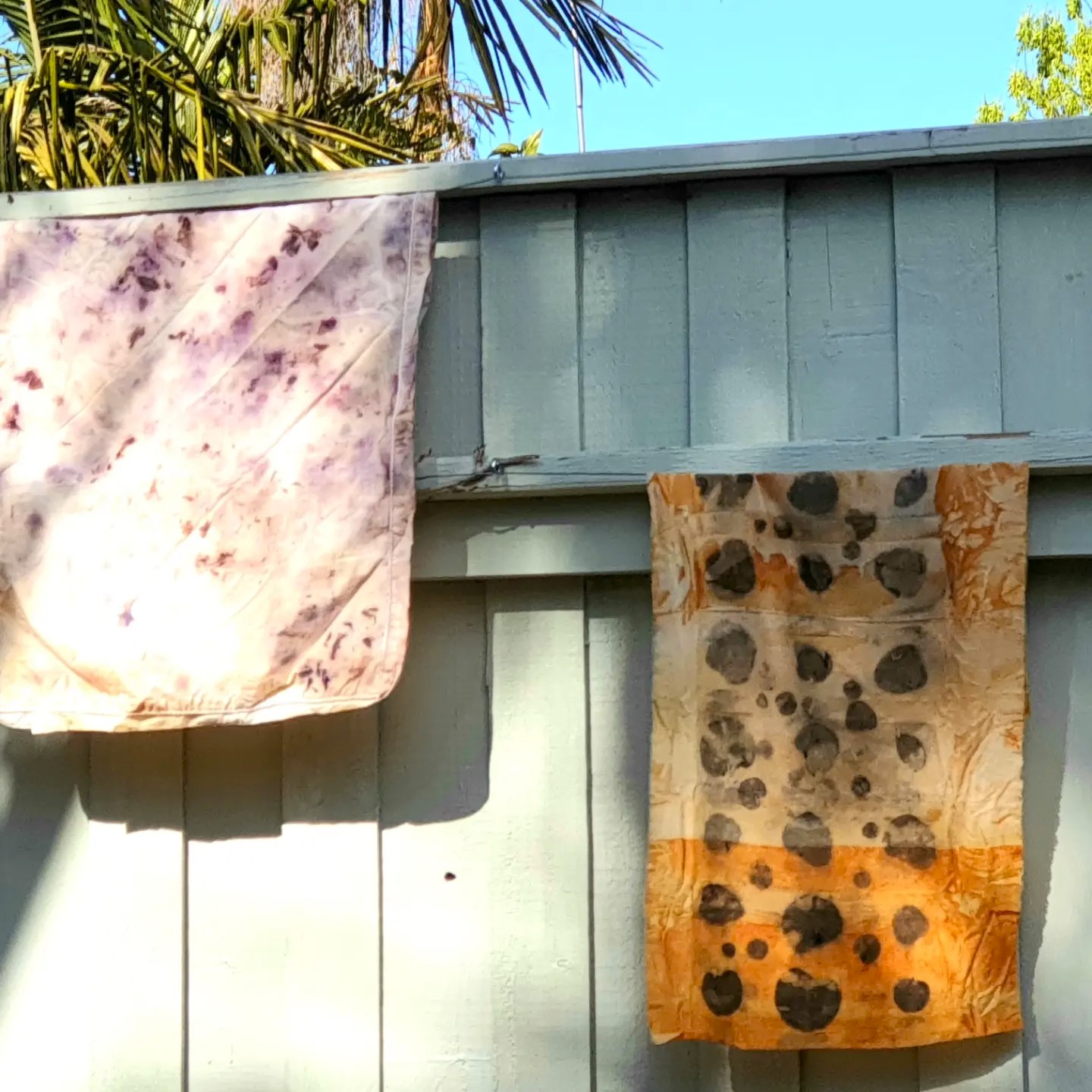
First time natural dyeing? Or more experienced? You’ll learn plenty of skills to inspire you in this workshop.
In this workshop we will –
- Connect to nature at CERES. Wow, how special!
- Discover the colours of native foliage and barks, everyday garden plants and weeds, and compost.
- Experiment with these materials and see what colours reveal themselves.
- Find out what makes natural dyes stick to fabric, and mordants such as iron and alum experience a few different dyeing techniques.
- Be inspired by the possibilities of nature’s palette and the results of diverse experiments in one group of people

